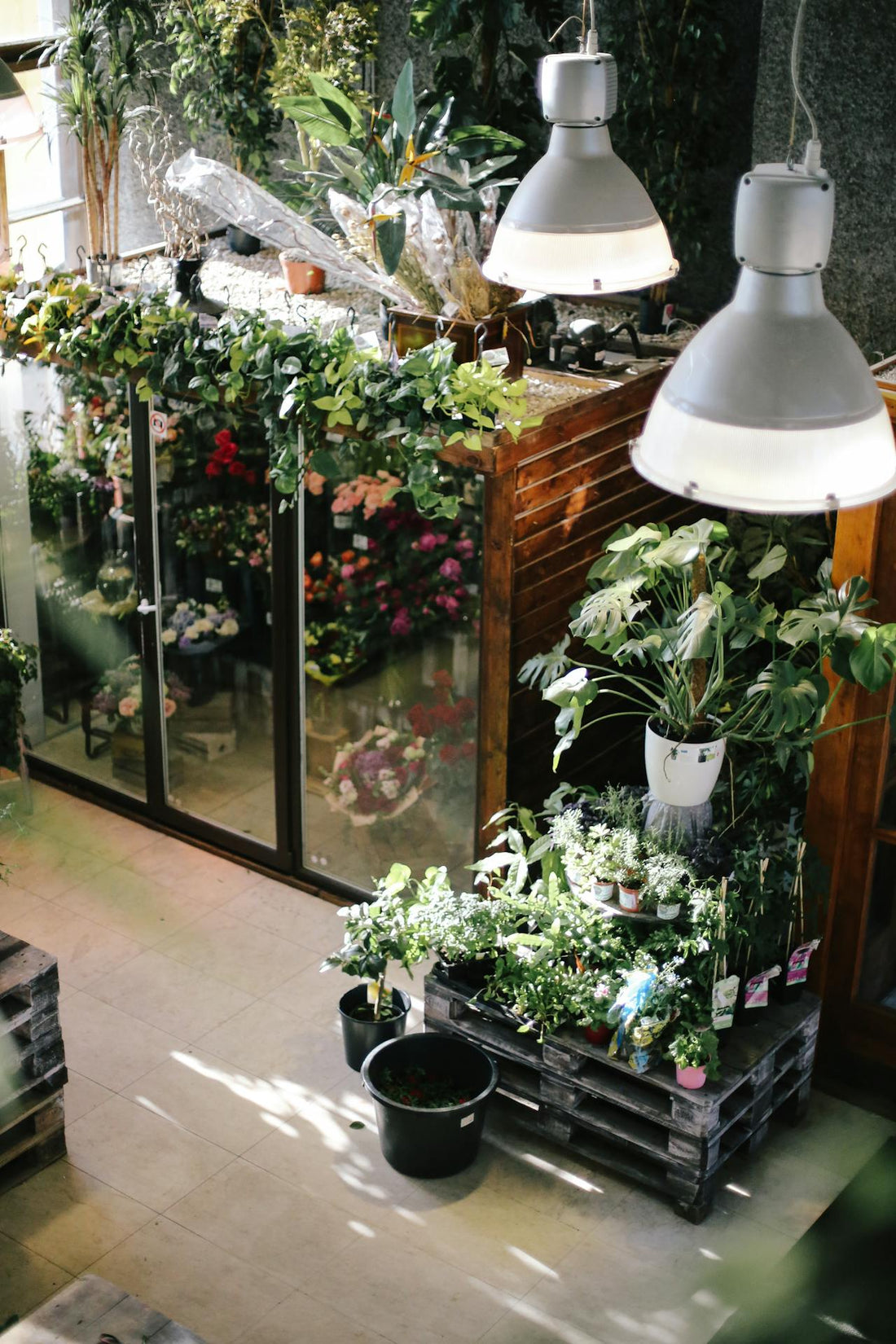Guide: Growing Plants with Jungle Feed
Growing green plants at home is more than just a trend; it’s a way to bring a piece of nature indoors and purify your living space. However, keeping these plants healthy and seeing them flourish requires a certain knowledge and the right tools. That's where Jungle Feed comes in, with its innovative solutions for feeding and caring for your plants. Here is your complete guide to maximizing the growth of your green plants with Jungle Feed.
The importance of regular plant care
Appropriate watering: the key to vitality
Watering is one of the most crucial aspects of plant care. Each plant has its own needs, which may vary depending on the season, pot size, and indoor environment. Overwatering can lead to root rot, while underwatering can dry out the plant. Use a hygrometer to check soil moisture and adjust your watering accordingly. Jungle Feed products, like Jungle Sticks, offer a solution by providing a balanced amount of nutrients with each watering, reducing stress for the plant and for you.
Dusting: for leaves that breathe
Plant leaves accumulate dust, which can block light and reduce photosynthesis. Clean the leaves regularly with a soft cloth or damp sponge to keep them healthy. For plants with delicate leaves, consider a light shower.
Exposure to light: finding the right balance
Understanding Your Plants’ Light Needs
Green plants require varying levels of light exposure to thrive. Some, like the Pothos or the Philodendron, are happy with little light, while others, such as the Cactus or the Succulent, prefer direct sunlight. Position your plants according to their specific needs to promote optimal growth.
Use of artificial light
In low-light spaces, grow lights can compensate for the lack of natural light. Jungle Feed offers lighting solutions that mimic the solar light spectrum, allowing your houseplants to thrive in even the darkest corners of your home.
Feeding your plants: Jungle Feed solutions
Jungle Sticks: slow release nutrition
Jungle Sticks are slow-release fertilizer sticks, specially designed to provide your plants with all the nutrients they need over several months. They are easy to use: just plant them in the ground near the roots. This method eliminates the risk of over-fertilization and ensures healthy and regular growth.
Jungle Buddies: the microbial boost
Jungle Buddies are capsules containing beneficial microorganisms that improve soil quality, increase nutrient absorption and help fight disease. By incorporating Jungle Buddies into your care routine, you create a healthier root environment for your plants.
Diagnose and treat common problems
Signs of illness and stress
Plants communicate through their leaves. Yellowing, brown spots, and wilted leaves may indicate a watering problem, lighting problem, or infection. Inspect your plants regularly for any signs of stress and adjust their environment or treatment accordingly.
Using Jungle Feed products for prevention and treatment
Jungle Feed solutions can help prevent and treat many common problems. By maintaining balanced nutrition and supporting overall plant health with Jungle Sticks and Jungle Buddies, you will significantly reduce the risk of disease and stress.
Conclusion
Keeping your houseplants green and healthy is a rewarding process that beautifies your living space and improves your well-being. By following this guide and integrating Jungle Feed solutions into your plant care routine, you not only ensure the growth and vitality of your plants but also peace of mind knowing that you are providing the best care possible. Start today and transform your home into a real indoor garden.
FAQ: Guide to Growing Plants with Jungle Feed
How do I know when to water my plants?
Soil moisture is the best indicator of when to water your plants. Use a hygrometer or insert your finger into the soil up to the second joint; if the soil is dry, it's time to water. Jungle Feed Jungle Sticks can help maintain balanced nutrition, making your plants less vulnerable to watering fluctuations.
Are Jungle Sticks suitable for all plants?
Yes, Jungle Sticks are formulated to provide a balanced diet suitable for most indoor and outdoor plants. However, it's always good to check the specific nutritional needs of your plants to make sure they match.
How much light do my houseplants need?
It depends on the type of plant. Some plants, like succulents, need lots of direct light, while others, like pothos, can thrive in low light conditions. Evaluate your plants' light needs and adjust their placement or use grow lights as needed.
How to use Jungle Buddies?
Simply incorporate Jungle Buddies into the soil around your plants. The capsules dissolve, releasing beneficial microorganisms that improve soil health and aid plant growth.
What should I do if my plant's leaves start to turn yellow?
Yellowing leaves can be caused by many factors, including inadequate watering, lack of light, or nutritional deficiency. Check your plant's conditions and adjust watering or light exposure if necessary. Jungle Feed products can also help correct nutritional deficiencies.
Can I use both Jungle Sticks and Jungle Buddies on the same plant?
Absolutely ! Using both Jungle Sticks and Jungle Buddies can provide a complete solution for your plants' nutrition and soil health, promoting optimal growth.
How to prevent plant diseases?
Disease prevention begins with good care practices, including proper watering, balanced nutrition, and good air circulation. Jungle Feed Jungle Sticks and Jungle Buddies help keep plants healthy, making them less susceptible to disease.
Do my plants need direct sunlight?
Not necessarily. Although some plants need direct light, many thrive in indirect light. Make sure you know the specific needs of each plant to optimize their growth.
How do I clean the leaves of my plants?
Use a soft cloth or damp sponge to gently remove dust and dirt from the leaves. For plants with fragile leaves, a light shower may be a better option.
By following these tips and using Jungle Feed products, you will be well equipped to care for your plants and see them flourish. Do not hesitate to contact us for more information or for advice specific to your plants.
